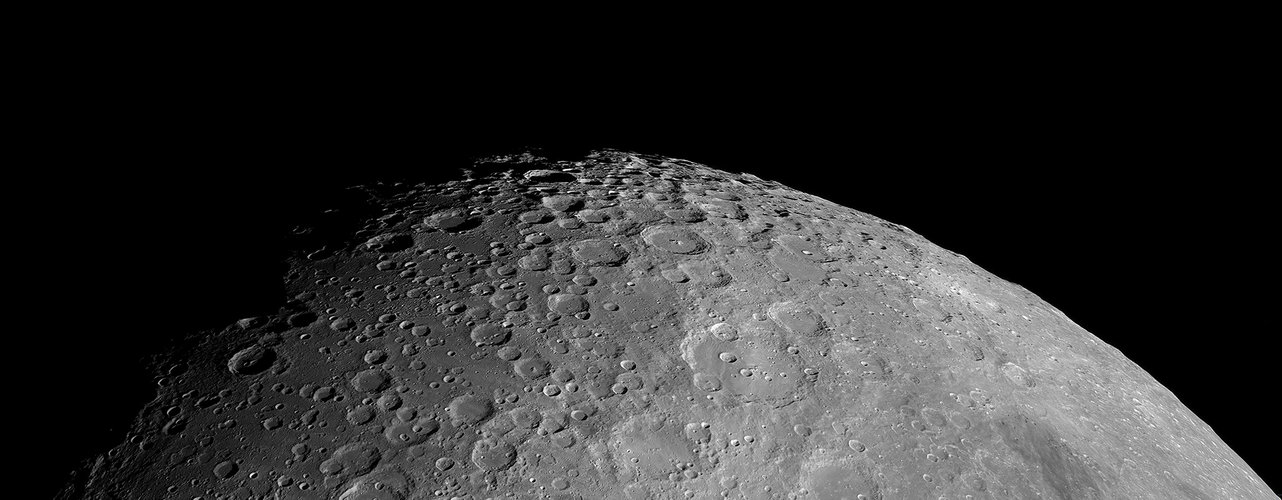
Copernical Team
LandSpace reviews booster loss after Zhuque-3 reusable rocket test
 LandSpace has begun a detailed analysis of its first Zhuque-3 (ZQ 3) orbital test after the reusable rocket's booster was lost during an attempted landing, even as the mission's upper stage reached its planned orbit. The flight, conducted from the Jiuquan Satellite Launch Center, marked China's first orbital-class launch attempt with a stainless-steel methane-fueled vehicle designed from the out
LandSpace has begun a detailed analysis of its first Zhuque-3 (ZQ 3) orbital test after the reusable rocket's booster was lost during an attempted landing, even as the mission's upper stage reached its planned orbit. The flight, conducted from the Jiuquan Satellite Launch Center, marked China's first orbital-class launch attempt with a stainless-steel methane-fueled vehicle designed from the out NASA rover hears electric crackles inside Mars dust devils
 NASA's Perseverance rover has directly detected tiny electrical sparks and associated shock waves inside Martian dust devils, confirming that the Red Planet's ubiquitous whirlwinds can generate "mini-lightning" through charged dust. Using the SuperCam instrument's microphone and electromagnetic sensors, the team identified brief crackles and pressure spikes that reveal triboelectric discharges o
NASA's Perseverance rover has directly detected tiny electrical sparks and associated shock waves inside Martian dust devils, confirming that the Red Planet's ubiquitous whirlwinds can generate "mini-lightning" through charged dust. Using the SuperCam instrument's microphone and electromagnetic sensors, the team identified brief crackles and pressure spikes that reveal triboelectric discharges o Astronomers warn satellite growth may contaminate nearly all space telescope data
Verifying that you are not a bot
Interstellar object covered in 'icy volcanoes' could rewrite our understanding of how comets formed
Verifying that you are not a bot
NASA's Fly Foundational robots demo to bolster in-space infrastructure
Verifying that you are not a bot
The bacteria that won't wake up: NASA discovers new bacteria 'playing dead'
Verifying that you are not a bot
New ESA connection to advance robotics for lunar exploration

Engineers are using a satellite link between two European Space Agency facilities to advance teleoperated robotics systems that could enable future lunar explorers to study the Moon from afar.
EarthCARE lifts the clouds on climate models

True to its promise, the European Space Agency’s EarthCARE satellite is now being used to calculate directly how clouds and aerosols influence Earth’s energy balance – the all-important balance that regulates our climate. In doing so, EarthCARE is poised to sharpen the accuracy of climate models, the very tools that guide global climate policy and action.
SpaceX knocks out sunset Starlink launch from Cape Canaveral
Verifying that you are not a bot
Iridium wins five year US Space Force contract to upgrade EMSS infrastructure
 Iridium Communications Inc. has secured a five year indefinite delivery and indefinite quantity contract from the US Space Force Space Systems Command Commercial Space Office worth up to 85.8 million dollars.
The System Infrastructure Transformation and Hybridization contract covers technology refreshes, lifecycle upgrades, and security improvements for the Enhanced Mobile Satellite Servic
Iridium Communications Inc. has secured a five year indefinite delivery and indefinite quantity contract from the US Space Force Space Systems Command Commercial Space Office worth up to 85.8 million dollars.
The System Infrastructure Transformation and Hybridization contract covers technology refreshes, lifecycle upgrades, and security improvements for the Enhanced Mobile Satellite Servic 